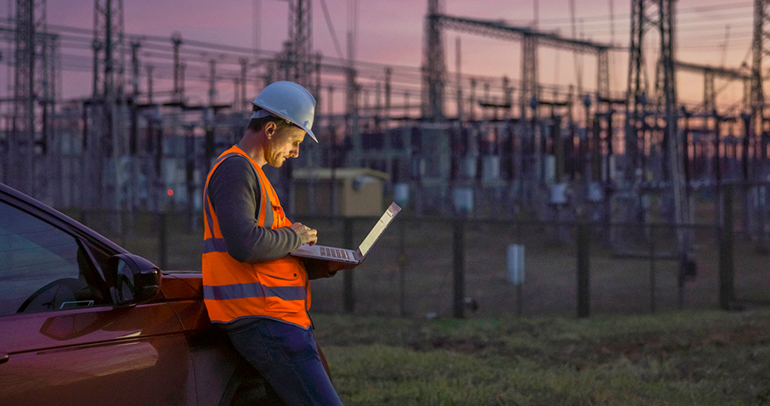
Over our 30+ years of conducting research for the Energy industry, we have witnessed utilities become adept at providing core services and managing customer relationships through traditional channels. So adept, in fact, that delivering operational excellence has become “table stakes.” Customers simply expect that the service utilities provide will be safe and reliable, with a high level of customer service when issues arise.
After decades of focus on these core elements, many utilities are now finding it difficult to move the needle on customer satisfaction without significant investments. We have witnessed this dynamic play out for several clients whose satisfaction ratings improve year-over-year, continually marking new all-time highs. We are now at a point where many utilities in the industry are nearing a ceiling on operational satisfaction, and even marginal improvement is often at the expense of large capital expenditures.
At the same time, customer expectations are rising. Customers now expect the ability to interact with service providers 24/7 through a variety of channels and using a variety of smart technologies. Best-in-class providers such as Amazon and Chase Bank are leading the way and setting a high standard for utilities to meet when it comes to customer interactions, particularly on the digital side.
We are in an era where driving customer engagement and building brand trust can be an equally (or more) effective way of driving substantial gains in customer satisfaction. Utilities need to evolve and begin to operate more like competitive retail providers, even as most markets remain regulated. Yet, the pivot to a focus on brand and product marketing is a challenging one for organizations that have had operational satisfaction baked into their DNA for the past 50 to 100+ years. Likewise, there is work to do to convince customers that the utility is being open and honest and working in their best interest, as the negative perceptions of a monopoly still hold for many.
Fortunately, we find that this challenge can be overcome with a strong, cohesive brand strategy, consistent and open communication, and efforts to drive engagement via customer adoption of additional products and services. Since utility customers typically cannot select their provider, it is imperative that they believe their utility is working in their best interests and trust it to do so. Engaging with customers and building a strong brand reputation can pay dividends in the long run.
Engagement is a critical element of building a strong brand. Utilities need to start thinking like a competitive brand and look for additional ways to broaden and deepen relationships with customers over and above “keeping the lights on.” The good news is that utilities have more opportunities than ever to engage with customers, whether it be smart home solutions, renewable energy options, or creative rate programs (to name a few). Additionally, our research and experience suggest that there is a willingness and even a desire from customers for utilities to lead the way on these types of offerings.
Our experience points to several tangible reasons for utilities to focus on brand reputation and customer engagement:
- Better positioning as the utility of tomorrow. Utilities are uniquely qualified to become trusted partners that help customers navigate the growing number of renewable and alternative energy options. Customers who trust their utility are more likely to look toward the utility for guidance on these topics and to potentially enroll in related programs.
- Reduced Public Utility Commission (PUC) intervention. PUCs have become more involved with utilities due to customer demand for regulation. Our experience shows that when customers trust your brand, they are less likely to call for increased regulation, allowing utilities to more efficiently and effectively operate the business without roadblocks and red tape. Additionally, customers who trust their utility are more supportive of positive rate case outcomes.
- Product and program adoption. In our Cogent Syndicated research, more than 90% of companies that have high product use also have a Brand Trust Index that is above the industry average. When leveraged correctly, utilities can increase product adoption and/or program enrollment by targeting their most trusting customers.
- Insulation against negative events. Higher levels of engagement and trust can shield a utility’s image during negative events. For example, customers are more forgiving of rate increases when they have developed strong trust with their utility—customer perceptions may be more negative in the short term, but the most trusted brands will rebound much more quickly than brands with lower levels of trust.
Last, but not least, effective communication is critical. Utilities with strong brand reputations consistently communicate and educate customers, not only about product and service offerings, but about initiatives underway to improve reliability, help customers become more energy efficient, support renewables, etc. The most effective communication is:
- Relevant, clear and easy to understand
- Focused on the benefits to the customer
- Provided via a channel the customer prefers
We appreciate the efforts being made by many of the nation’s leading utilities to pivot toward a focus on engagement and brand reputation, and actively partner with many utilities on these efforts. We know the growing power of brand in the utility marketplace, and want to help you capitalize on that knowledge to build success now and well into the future. Send us a note and let’s chat.








